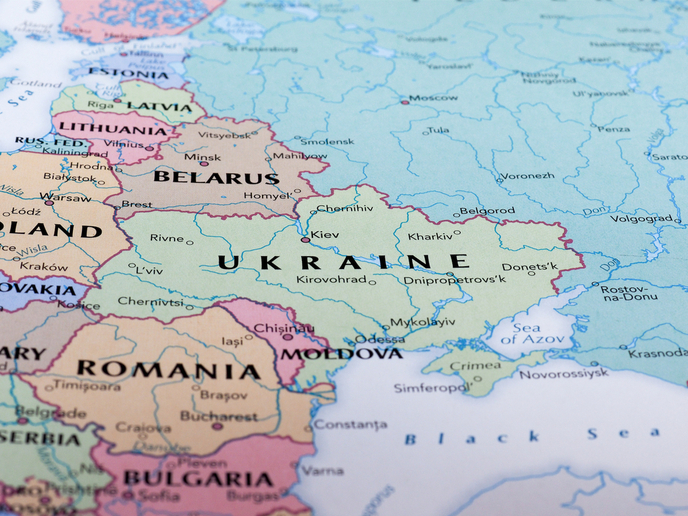Joint efforts show the way towards a more effective Eastern Partnership
Launched in 2004, the European Neighbourhood Policy (ENP) aimed to ‘bring the EU and its neighbours closer, to their mutual benefit and interest’. In the case of EaP countries, it essentially meant supporting economic growth and the transition towards democracy. Fifteen years later, the ENP’s vision has yet to materialise. The ENP was revised in 2015 and, one year later, the EU allocated research funding for the Horizon 2020 EU-STRAT (The EU and Eastern Partnership Countries: An Inside-Out Analysis and Strategic Assessment) project. “Instead of becoming more democratic, most EaP countries have transformed into rather stable hybrid regimes. EU-STRAT addresses precisely the question of why the ENP did not bring about the expected results, looking from the ‘inside out’ – from the perspectives of the countries themselves,” says project coordinator Prof. Dr Tanja A. Börzel, and Director of the Centre for European Integration at Freie Universität Berlin, Germany. The project brought together six universities, three think-tanks, one civil society organisation and one consultancy not only from within EU Member States, but also from Belarus, Moldova and Ukraine. Together they focused on domestic dynamics in target countries as well as regional interdependencies. Supporting change in EaP countries “It quickly became clear that the perspective of EU accession cannot be a panacea for failed reforms,” says Prof. Antoaneta Dimitrova, co-coordinator of the project on behalf of Leiden University. “With this in mind, we developed recommendations on how the EU can support political and economic change in EaP countries. Assessing why reforms are taking so long or simply fail in some countries but not others is crucial in this regard. Therefore, we developed a conceptual framework to understand how social orders differ among EaP countries and why the ‘one-size-fits-all’ approach of the EU does not work.” Project findings notably point at how the EU has underestimated the role that state capture, personal relationships, patronage networks and rent-creation have been playing in EaP countries. They state that EU policy success depends on the type of social order and dominant coalitions of domestic elites, and that it is also affected by the partner country’s place in bilateral, regional and global interdependencies. “Besides, soft power, narratives and messages from Russia or the EU which target citizens and local non-governmental actors have an impact on the perceptions of citizens and their beliefs regarding the future cooperation with the EU,” Prof. Börzel explains. Competing with other powers Perhaps one of the most important contributions of the project in this regard consists in its quantitative analyses of the way the EU and Russia were presented on television news in the region. These helped the team to understand whether citizens comprehend the effects of EU policies and crucial engagement tools such as Association Agreements. To be more effective, EU-STRAT claims that the EU will need strategies and instruments tailored to domestic conditions, whilst considering interdependencies with other countries. Other actors like Russia, Turkey and China compete with the EU in shaping economic and political development in EaP countries. Besides, the EU will have to address ‘clientelistic’ rent-seeking networks, as well as communicate more effectively. “We hope that our findings and policy recommendations will contribute to a better understanding of the EU’s Eastern Neighbourhood. But one of our most important goals was to build a lasting network of researchers and practitioners from EU Member States and EaP countries, and we have certainly succeeded in this regard,” Prof. Börzel concludes.
Keywords
EU-STRAT, eastern partnership, EaP, European Neighbourhood Policy, accession, democracy, free market



